Yumeko Aizome
Рождение : 1915-12-25,
История
Yumeko Aizome, born Yachiyo Yokoyama, is a Japanese actress. In 1942, she married two-time Olympic gold medalist swimmer Masanori Yusa (1915-1975) and they received a daughter Makoto. She is now and actress called Naoko Yusa.
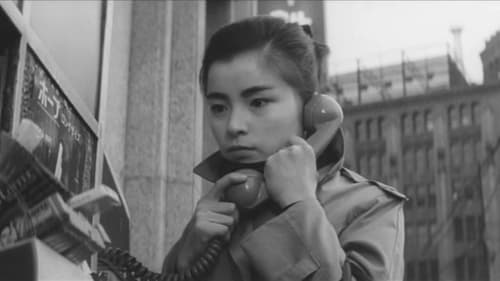
Yoshiko Ôtsuka
Кирико обращается к известному адвокату с просьбой защищать её брата, обвиняемого в убийстве. Адвокат отказывает. Спустя время пути Кирико и адвоката вновь пересекаются, но в этот раз помощь нужна адвокату…

Печальная история юной Гинко, которая родилась в семье сапожника и вынуждена была работать гейшей, чтобы прокормить семью.

Oren - maid
The purple hood reveals the embezzlement of public money by officials. A remake of Masahiro Makino's 1923 film.

Life and love in corrupt postwar Tokyo, as a young couple struggles against both the law and the mob.

A pickpocket falls in with a group of prostitutes who have one strict rule: none of them may ever sleep with a man without taking his money — falling in love is forbidden.

Mitsue
A 1948 Japanese film.
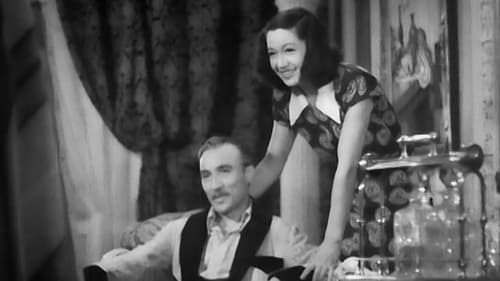
Akiko Anjo
В 1946 году решением Кабинета Министров в Японии были отменены дворянские титулы, землевладельцы должны были платить налоги наравне со всеми. Дворянский род Андзё в результате новой реформы потерял всё имущество и общественный статус. Последний бал в этом роскошном доме означает прощание со старой жизнью. Станет ли он началом новой жизни?

Based on Kōda Rohan's novella The Five-Storied Pagoda.

Directed by Daisuke Ito.

Venice Film Festival 1939

Based on a Hayashi Fumiko story: a fatherless boy's mother passes him from one aunt to another
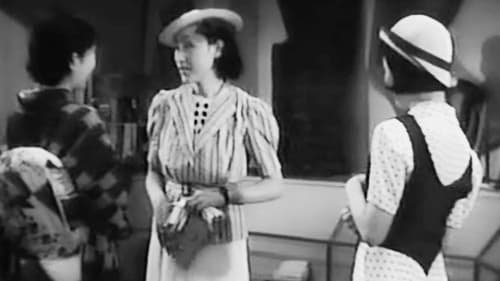
Michiko
Part 2 of a 2-part romance (fist part - Kafuku zempen) based on a story by noted author Kikuchi Kan. In the second half, we discover that Toyomi is pregnant -- and while Shintaro and Yurie are on their extended honeymoon, she bears his child, a girl named Kiyoko. She is supported in adversity by Michiko -- and gets considerable moral support from not only her own mother but also from Shintaro's mother and siblings. Even more surprisingly, Yurie strikes up a friendship of sorts with her. When Yurie learns that the child is Shintaro's, she convinces Toyomi that it would be best to let Shintaro (and her) raise Kiyoko, so Toyomi can get on with making a proper life for herself. Tearfully, Toyomi agrees. Sometime later, Michiko goes to visit Toyomi -- and sees her at work, as a kindergarten teacher.
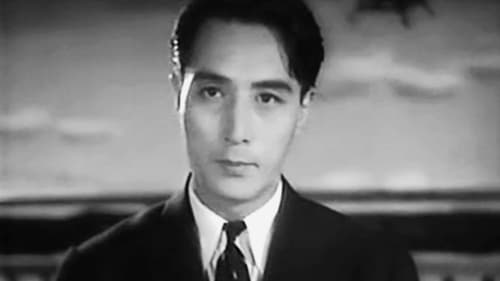
Michiko
Part 1 of a 2-part romance based on a story by noted author Kikuchi Kan. The central character here is Toyomi (played by Takako IRIE, star of Mizoguchi’s "Water Magician), a rich young woman in love with Shintaro (Minoru TAKADA), a rich young man. Unfortunately, Shintaro’s father is in the process of arranging a marriage for him with Yurie (Chieko TAKEHISA), the scion of an even wealthier family. In order to avoid this, the two young lovers flee to Tokyo to live together. When Shintaro comes back to proclaim his intent to marry Toyomi, his father browbeats him into attending the long-arranged marriage meeting with Yurie. While Shintaro is back home, Toyomi goes on a vacation trip with her closest chum, Michiko (Yumeko AIZOME). At a class reunion, Toyomi is to distressed (at not having heard from Shintaro for so long), she doesn’t go out on the town with her classmates. Michiko, however, runs into Shintaro and Yurie (also out on the town), and pulling him aside, demands an explanation.
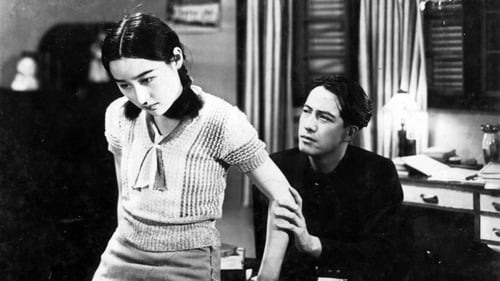
Yaeko
Семьи Араи и Хаттори живут в соседних домах. У Араи растут два сына, а в семье Хаттори две дочери, старшая Кёко уже замужем, а младшая Яэко учится в школе. Ей пока рано думать о любви. Но неожиданно в дом возвращается старшая сестра, и её внимание к соседским мальчишкам тревожит Яэко. Чувства старшеклассницы разгораются всё сильнее.

Mitsuko
Уважаемый отец семейства господин Кадзивата неожиданно умирает. Его жене Тиеко приходится одной воспитывать и поднимать двоих сыновей — младшего родного Коусаку и старшего от первого брака мужа Садао.

Elder sister Takiko
Сын богатого торговца Минору не знает трудностей в жизни, нравится женщинам и прекрасно играет в регби. Вместо учебы он тратит время на выпивку и развлечения, что приводит к конфликтам с его товарищами по команде — они боятся, что его разгульная жизнь может нанести удар по их репутации.

Masumi
Set in the port city of Yokohama, two girls, Sunako and Dora who attend a Christian school, pledge to be friends. But when a youth named Henry appears on his motorcycle and offers to take Sunako for a ride, we know that this friendship won't last and that the lives of both girls will change in ways they are barely able to comprehend, and can do little to change.

Misako
Фильм рассказывает о гангстере и его подруге, которые смогли встать на путь добра, благодаря знакомству с невинной девушкой.

Natsuko, dancer
This pair of gentle yet witty and inventive comedies from the director of The Neighbour's Wife and Mine typify both the formal experimentation of early Japanese sound cinema and the social milieux that Shochiku tended to depict. 'Virtually plotless, and feeling more like comic sketches than fully developed stories,' writes Arthur Nolletti, Jr, 'these light comedies, or farces, take a wholly trivial matter (often a socially embarrassing situation) and use it as a springboard for a succession of gags.' Much of the films' distinction comes from the wit of Gosho's direction, the imaginative use of the new sound technology and the charm of the acting, particularly of the heroines (Kinuyo Tanaka in Bride; Hiroko Kawasaki in Groom). Yet in both films, Gosho finds room for some shrewd observation of character and environment, subtly exploring the values and assumptions of the suburban petit bourgeoisie.









